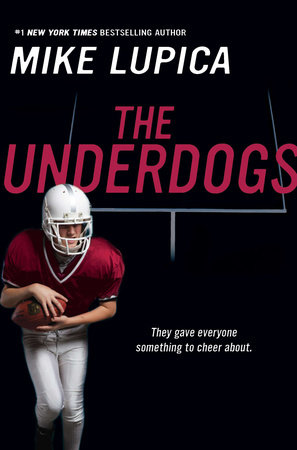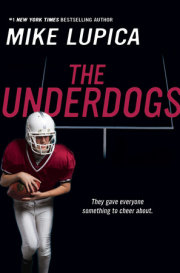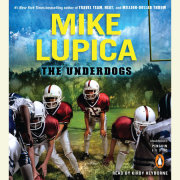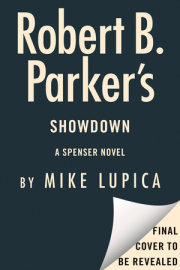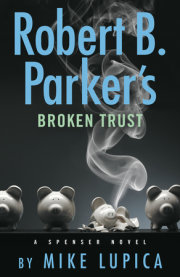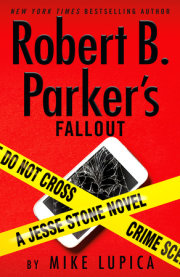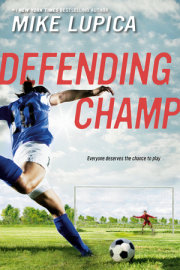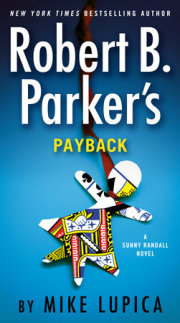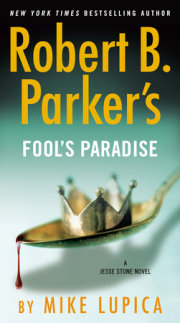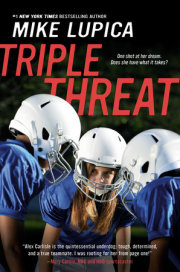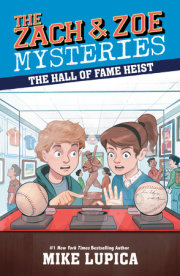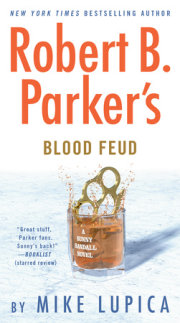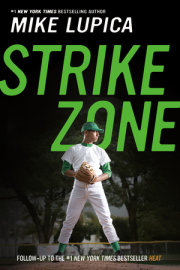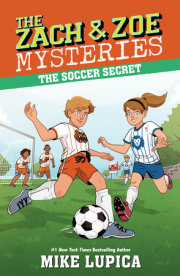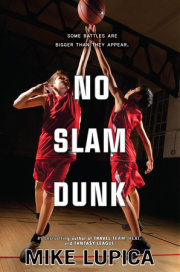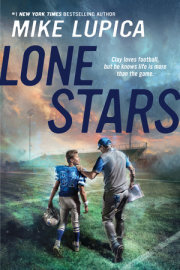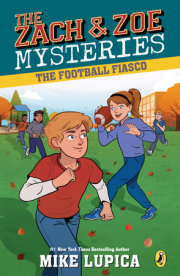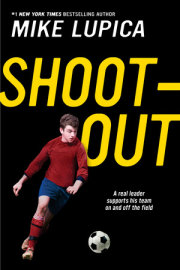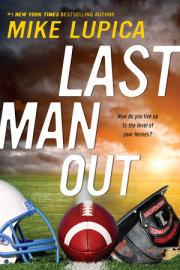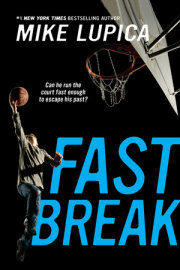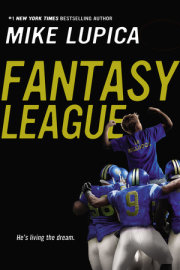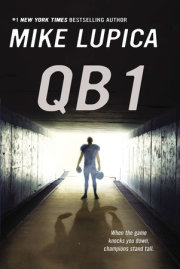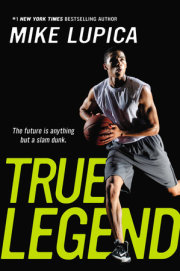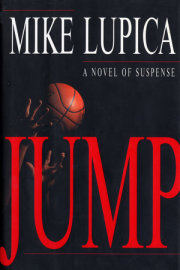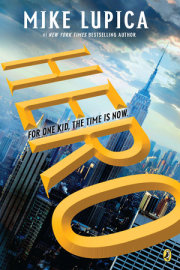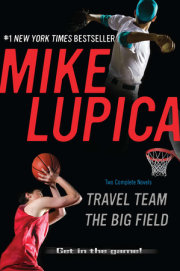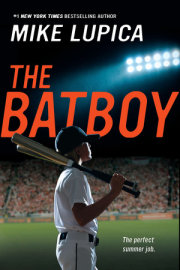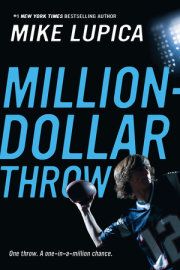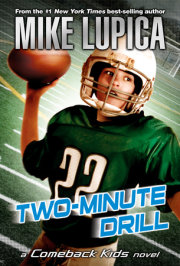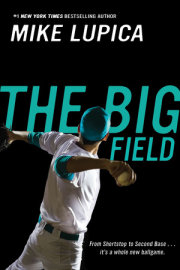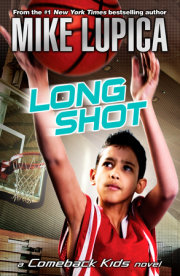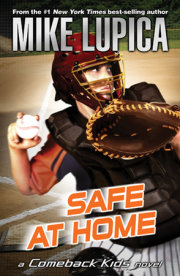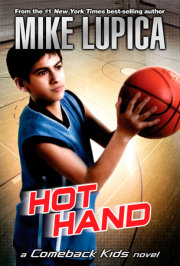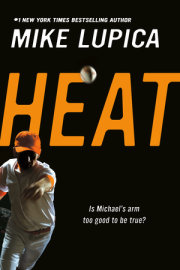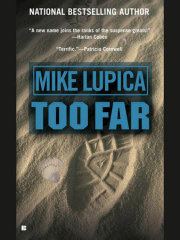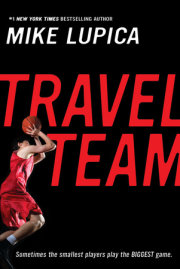Normal0falsefalsefalseMicrosoftInternetExplorer4st1\:*{behavior:url(#ieooui) }/* Style Definitions */table.MsoNormalTable{mso-style-name:"Table Normal";mso-tstyle-rowband-size:0;mso-tstyle-colband-size:0;mso-style-noshow:yes;mso-style-parent:"";mso-padding-alt:0in 5.4pt 0in 5.4pt;mso-para-margin:0in;mso-para-margin-bottom:.0001pt;mso-pagination:widow-orphan;font-size:10.0pt;font-family:"Times New Roman";mso-ansi-language:#0400;mso-fareast-language:#0400;mso-bidi-language:#0400;}
Chapter 1 Just about everybody who’d ever seen Will Tyler play said the same thing—that he could fly on a football field.
He was definitely flying now.
Ball tucked firmly in the bend of his arm, open field in front of him. A slight wind at his back. Not that he needed it.
At midfield he made an effortless cut to his left, switching the ball from his right hand to his left in the process.
Will did it without even thinking, did it on instinct, one more move that nobody had to teach him. Not even his dad, who’d been a star running back in this same town, on this same field. Back when the field was in much better shape. And the town was, too.
But Will’s dad always said that even on his best days, all the way through high school, he was never as fast as Will.
“You’ve got that gear,” he told Will once.
“What gear?”
“That extra gear that the great ones have,” Joe Tyler said.
Will shifted into that gear now.
Flying, like the wind at Shea Field wasn’t just behind him, it was trying to keep
up with him. At the thirty he cut back again, back to his right, angling toward the sideline. Switching the ball back to his right hand. Imagining that he was watching himself on one of those giant screens most NFL stadiums have now, pretending he was trying to see if anybody was gaining on him.
Knowing that nobody would be.
Twenty-yard line now.
Fifteen.
Only the end zone ahead of him.
And that’s when he went down.
He hadn’t been tackled. He’d stepped into a hole at the five-yard line. He hadn’t seen it because he had his eye on the prize, like always. Just felt his right foot go into it, the leg collapsing, like he’d been tripped. Like he’d been caught from behind. Just like that.
Will was mad. The beat-up field at Shea was the only thing that could stop him. And it had. And had cost him a touchdown. Of course he knew it could have been worse, he could have rolled an ankle or hurt his knee the way his dad had once. It had been his senior year in high school. His dad hadn’t stepped into a hole, though. He’d just made a cut into the secondary and thought he was about to break into the clear when he got hit by tacklers from both sides, at the same exact moment, their helmets meeting at his right knee.
In so many ways, too many ways for Will to even count, it was a hit from which his dad still hadn’t recovered.
Will had gone down hard but knew he was all right, knew he would have no trouble getting back up. The only burn he was feeling now was embarrassment.
The same he’d felt last season after the fumble against Castle Rock.
He sat there, ball under his arm, thinking:
It’s a good thing I’m alone. Alone with his ball, alone on this field, no teammates or opponents there to see him trip and go down, nobody to see somebody this good at football look so bad.
He turned and saw how deep the hole was. One of many at Shea Field, a field that the town seemed to have forgotten, or maybe just given up on, the way it was about to give up on a football team and a football season for twelve-year-olds like Will Tyler.
The town council of Forbes had made it clear a couple of weeks earlier that there wasn’t enough money in the budget to finance all the local sports teams, as it had in the past. They’d said that some of the younger age groups might have to suffer so that no programs were cut at Forbes High School. They’d said it was more expensive than ever to finance football teams, telling the parents there had been barely enough in the budget to let Will’s eleven-year-old team compete last season in the West River Youth Football League, Forbes’s version of Pop Warner. Now unless somebody in town could come up with the money in a few weeks, enough money to cover membership in the league, helmets, uniforms, field maintenance, emergency services, insurance—what Will’s dad called “the full boat”—there would be no football for twelve-year-olds this year.
No team, no practices, no games, no shot at the league title Forbes had come within a touchdown of winning last season.
Maybe, Will thought—alone on this field, two yards short of the end zone—a run like this in an imaginary game would be the only kind he would get to make this year.
Copyright © 2011 by Mike Lupica. All rights reserved. No part of this excerpt may be reproduced or reprinted without permission in writing from the publisher.

